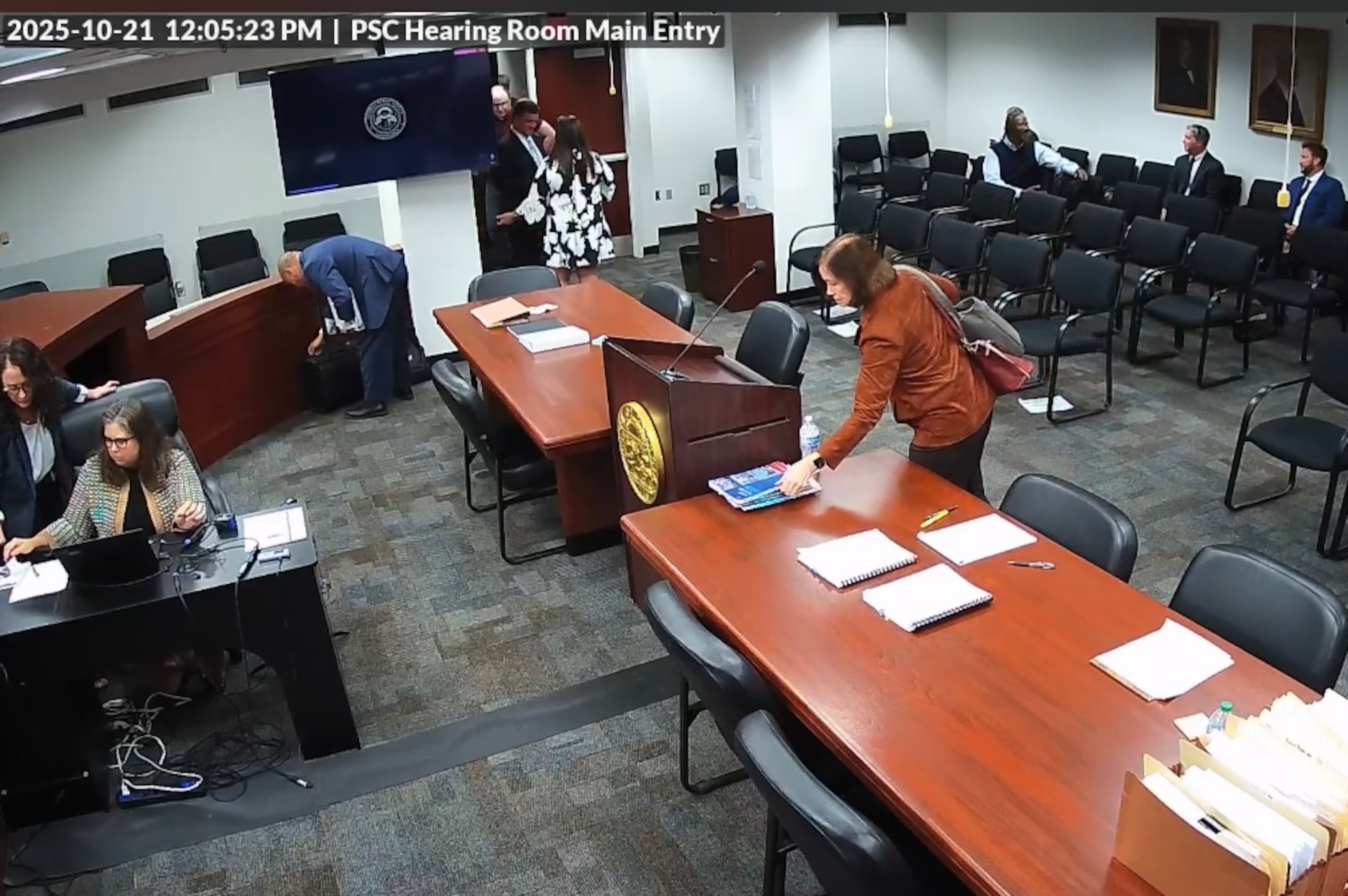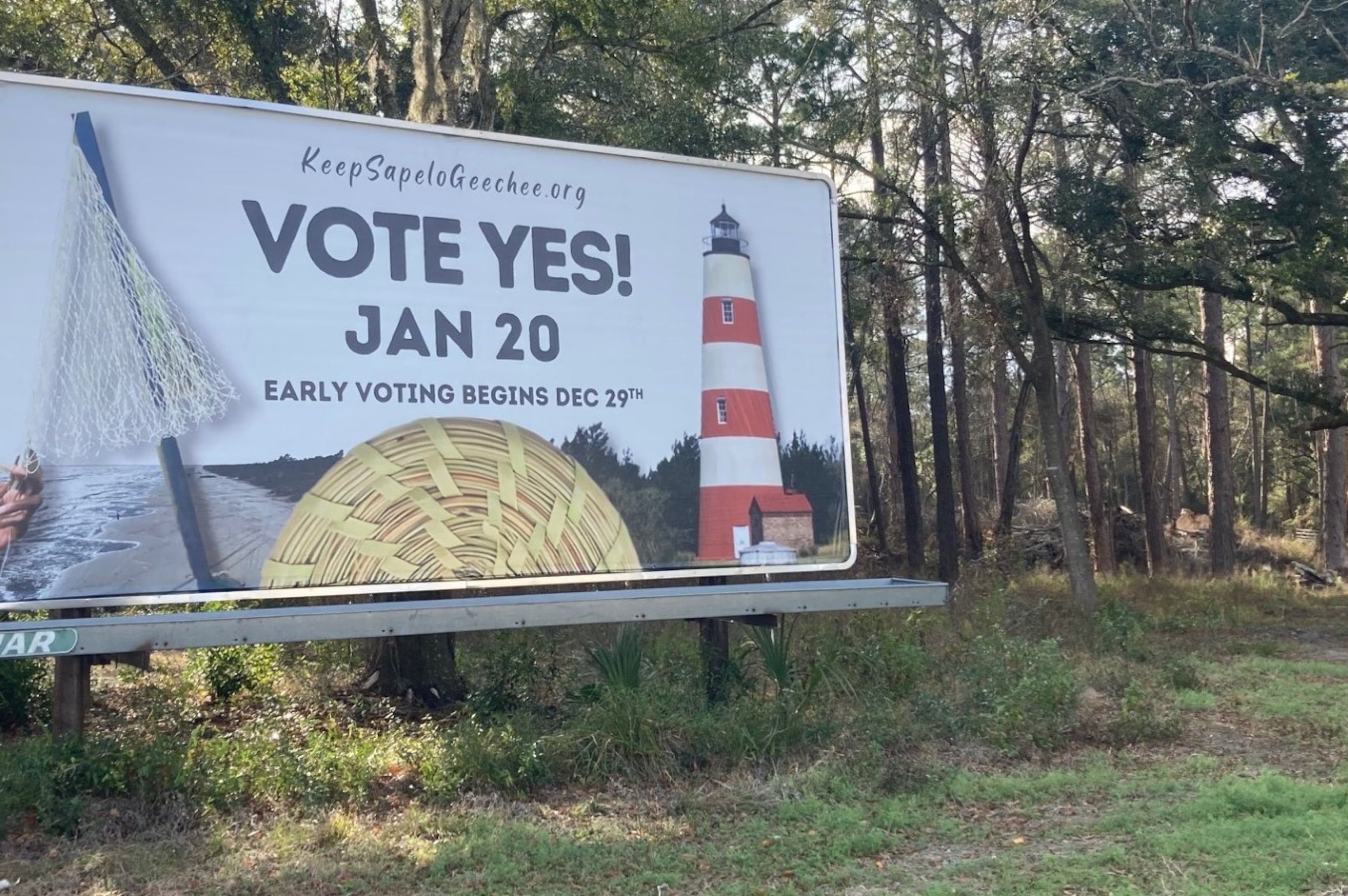Judge dismisses Gwinnett’s lawsuit against state over new city

A Fulton County judge this week dismissed Gwinnett County’s lawsuit against the state of Georgia challenging the creation of the city of Mulberry.
“The Mulberry City Council is thankful that we can now put these lawsuits behind us and begin working with Gwinnett County,” said Michael Coker, who took office on New Year’s Day as Mulberry’s inaugural mayor. “We look forward to further discussing the transition of services with the county and doing what is necessary to build a strong relationship between Mulberry and Gwinnett.”
Gwinnett’s case was the first time a county sued over the creation of a city in its boundaries since the incorporation wave in Atlanta’s northern suburbs began two decades ago.
Gwinnett argued that the Mulberry charter violates the Georgia Constitution because it prohibits Mulberry from imposing a city property tax unless voters amend the charter in a referendum. Gwinnett argued the state constitution grants city councils the power to tax and change the charter without a referendum.
The charter also prohibits Gwinnett County from changing the zoning of any property in the city limits during the two-year transition period that ends Dec. 31, 2026. The county said that prohibition is illegal.
A Gwinnett County spokesperson declined to comment on the case’s dismissal.
Gwinnett’s lawsuit, filed Oct. 1, attempted to stop the Nov. 5 Mulberry City Council elections and the city’s Jan. 1 incorporation. Both took place before Fulton County Superior Court Judge Rachelle L. Carnesale dismissed the case.
The county argued it should not be required to negotiate with the new city on services for residents or give up zoning in the 26 square miles in northeastern Gwinnett that now constitute Mulberry.
In her order, Carnesale said Gwinnett County will continue to provide the same services during the transition period that it would have if the city were never incorporated, so the county cannot argue it is uncertain whether to comply with that provision of an allegedly unconstitutional charter.
The county asked for a declaratory judgment, which the court can’t issue based on possible future actions or questions about the validity of a statute that are “academic” or “abstract,” Carnesale said.
“There is no evidence or allegation that the county actually intends to enact any zoning ordinance or modify or amend the zoning of any property in the city,” she said in the order. “As such, the county has failed to establish the existence of an actual controversy where a ruling in its favor would have any immediate legal consequence rather than simply burning off the proverbial fog of uncertainty.”
Two Republican legislators — including state House Majority Leader Chuck Efstration, who lives in the new city — proposed its creation in late 2023 as a response to proposals for large-scale residential development in the area. Almost all of the buildings in Mulberry are single-family homes and the median household income far exceeds the Gwinnett County average.
With about 41,000 residents, Mulberry is Gwinnett’s second-largest city by population and its largest by land area.
One developer, Poole Mountain Atlanta, sued Gwinnett County and Mulberry on New Year’s Eve in Gwinnett County Superior Court alleging Mulberry is unconstitutional and the county illegally turned over planning, zoning, code enforcement, permitting and business licensing responsibilities this month in the new city.
The developer planned to build more than 1,000 homes next to Little Mulberry Park in the city limits. One of the land disturbance permit applications has stalled, the lawsuit says. The developer bought the 510-acre property for $2.6 million and has spent an additional $7.5 million since on costs related to its development, according to the lawsuit.
The Poole Mountain lawsuit also seeks to nullify the new city.



